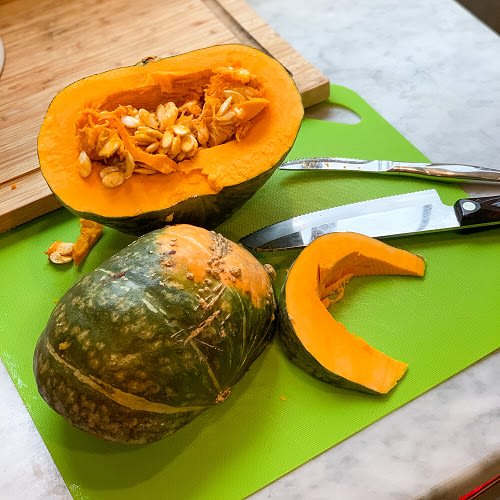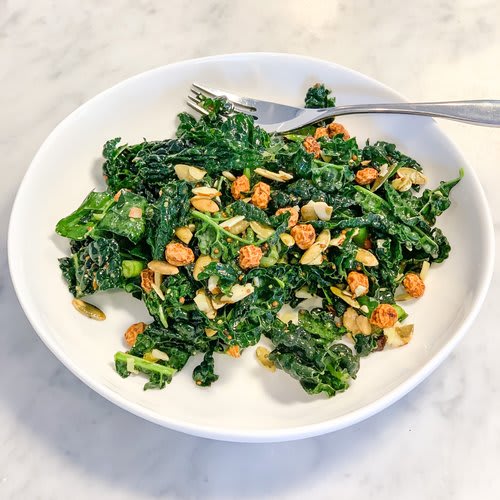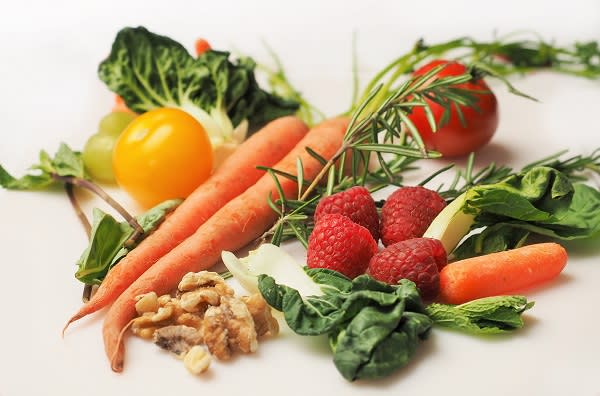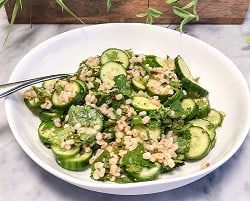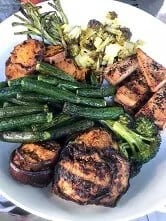By Joseph Feuerstein, MD, Director of Integrative Medicine, Stamford Health
Learn More about Integrative Medicine Services
We're here to help. If you have questions or need assistance, call 203.276.4777.
When we think of inflammation, the obvious classic symptoms come to mind: redness, swelling, itching, pain and heat. We also think of the obvious solution: the good, old medicine cabinet. What if I told you that a simple change in what you eat can work wonders to fight inflammation?
First, it’s important to understand what inflammation is, what inflammation does to the body and why it can be damaging.
What is inflammation?
In simple terms, inflammation is the way your body responds to injury. Inflammation is the first line of defense against foreign invaders such as bacteria or viruses. An “inflammatory response” means your body is sending signals to your immune system to do its job in healing.
 What’s so bad about inflammation?
What’s so bad about inflammation?
Inflammation can be good—and inflammation can be bad. Inflammation is a very common and important response and it can be naturally good for the body because it allows the blood to get where it needs to go. (White blood cells help to fight infection.) However, problems arise when inflammation becomes chronic, or continuous. Chronic inflammation is linked to a whole host of diseases like arthritis, type 2 diabetes, depression, heart disease and even cancer, just to name a few. In many diseases, inflammation doesn’t go away easily.
What are the best foods to fight inflammation? What foods are bad for inflammation?
I encourage my patients to focus on what they can eat for an anti-inflammatory diet, rather than what they can’t. The right foods and nutrition can be a powerhouse and have effects beyond just calories. We break food down into carbohydrates, protein and fats.
- Carbohydrates: Focus on whole grains rather than foods with refined flour and simple, processed sugar. Whole grains have a lower glycemic index, meaning your blood sugar level will not rise as fast. Fruits and vegetables are also an incredibly important basis of the anti-inflammatory diet. Every single color of a fruit is a pigment, and these are all Phyto (plant) nutrients, many of which have anti-inflammatory properties. So, load up on the berries. Dark chocolate (in moderation) and green tea are also excellent inflammation fighters because they contain powerful polyphenols, or nutrients packed with anti-oxidants.
- Proteins: Anti-inflammatory foods including fish and plant-based proteins like soy helps to fight inflammation. In general, it’s wise to reduce your red meat intake since red meat is one of the main foods that cause inflammation.
- Fats: The body needs a healthy balance of Omega 6 fatty acids and Omega-3 fatty acids for normal growth and development. Omega-6 oils are commonly found in grapeseed, safflower, sunflower, corn, peanut, vegetable, and soy oils, as well as in mayonnaise and salad dressings. Consuming too many Omega-6 fats can lead to inflammation. Omega-3 fatty acids—found in flax, canola and fish oil—are generally better for your health and fighting inflammation, so pile your plate up with fish, nuts and seeds.
In general, anti-inflammatory foods are closely linked to the Mediterranean diet. There’s no question, in the medical world, that an anti-inflammatory diet is way healthier for the majority of America. When in doubt, the more color on your plate, the better. Make sure those colors are healthy colors, of course.
Featured Expert/ Author






